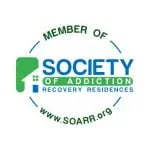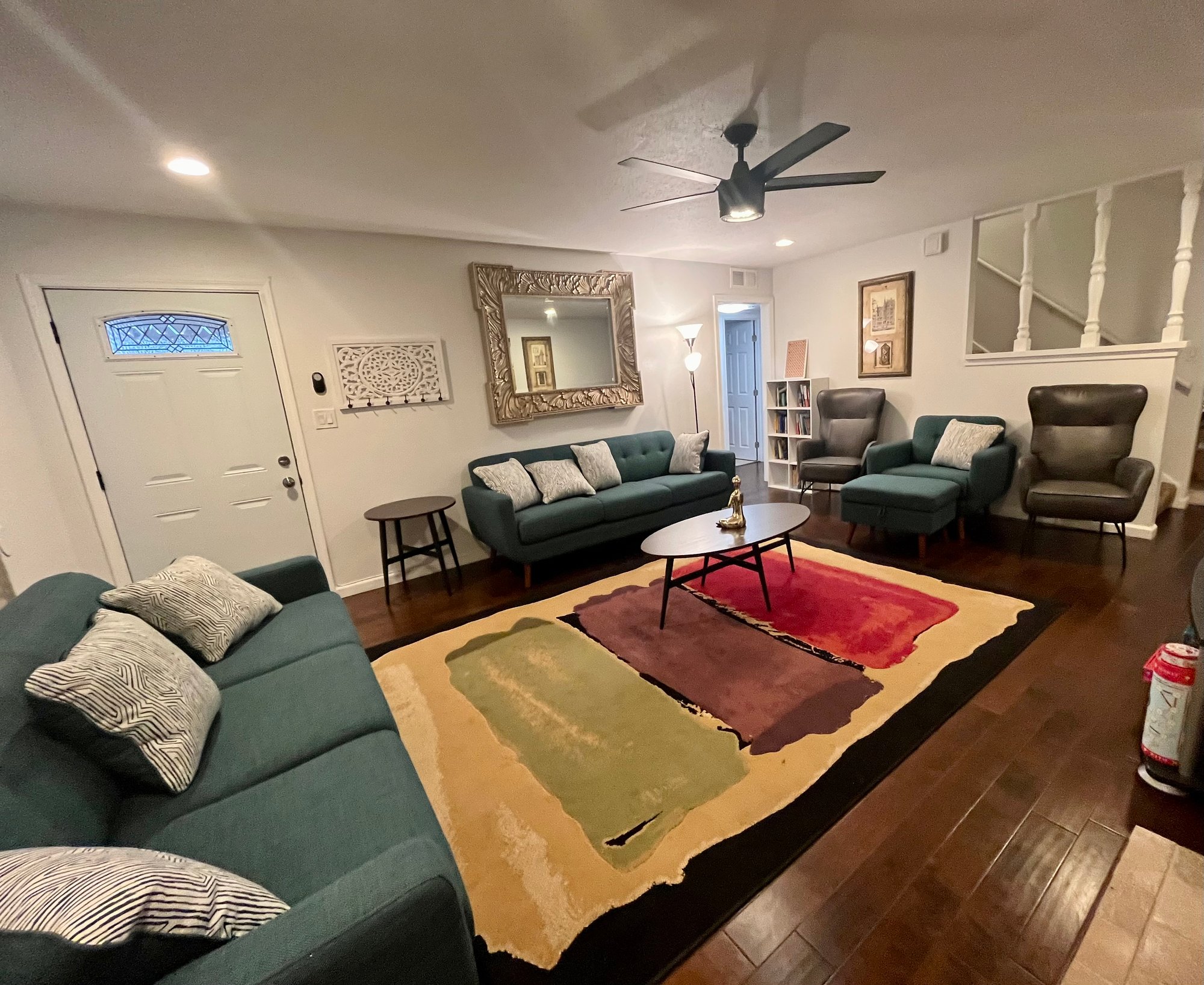What is Recuperative Care?
The goal of Recuperative Care is to reduce risk of re-hospitalization or emergency room visits if an individual is at risk due to lack of support/unstable home environment and additional support needs.
support/unstable home environment and additional support needs.
Recuperative Care, also referred to as medical respite care, is short-term residential care for individuals who no longer require hospitalization, but still need to heal from an injury or illness (including behavioral health conditions - of which EPH focuses on SUD and cooccurring mental health issues) and whose condition would be exacerbated by an unstable living environment.
Short-Term Post-Hospitalization Housing
This service is provided to eligible individuals exiting Recuperative Care, or the Emergency Department, or other residential treatment facilities. This service includes interim housing while clients receive continued support for recovery.
Admission & Exclusion Criteria
Empowering Potential Housing (EPH) accepts referrals from the community, hospitals, health plans, Residential Treatment Centers, Intensive Outpatients, and the justice system for patients who are nearing discharge from a hospital, jail or residential stay that would otherwise be discharged to the streets, their vehicle, or other areas not meant for human living. Or those who are at risk of homelessness (think couch surfing).
We currently have contracts with Molina Medi-Cal Managed Care Plan and hope to be contracted with all plans in San Diego soon!
Clients of the EPH are expected to:
- -Be able to complete Activities of Daily Living (ADLs) independently (e.g., use the toilet on own, bathe on own, eat on own) and without assistance from another person in a communal living environment.
- -Refrain from use of illicit drugs or alcohol during their entire stay.
- -Demonstrate safe behavior towards themselves and others at all times.
- -Arrive with all medications, medical supplies, and any assistive devices needed during their stay.
We are unable to serve individuals who are:
- -Experiencing a medical or psychiatric health condition that necessitates a higher level of care (e.g. current suicidal ideation, complex wound care, extensive need for physical therapy multiple times per day, end-of-life/hospice care, etc.).
- -Registered sex offender or convicted of arson.
- -Positive for active TB not yet cleared for community-dwelling (i.e. contagious)
- -In need of a PICC or other central line
- -Anyone with a pet or service animal as this is shared housing (dog fights, dogs fighting cats, fleas or disease transmission)



$800-1000 per month
$100 move-in fee
All shared bedrooms

Proud member of:


Mission Statement.
Our purpose is to provide structured and stable environments for persons recovering from the disease of addiction. We set the highest standards to enable personal growth, a foundation of development for long term recovery, and improving the quality of life while becoming a productive member of society.

Vision Statement.
To become a vital partner in building successful lives in recovery and providing safe, affordable neighborhood housing that is sensitive to the needs of the community by providing the highest quality residential recovery opportunities available, which will empower each person to build a better life and create a recovery friendly environment for our community.
Sign Up For Our Newsletter and Emails
We promise to bring you recovery concerns and solutions fresh to your email in-box.



